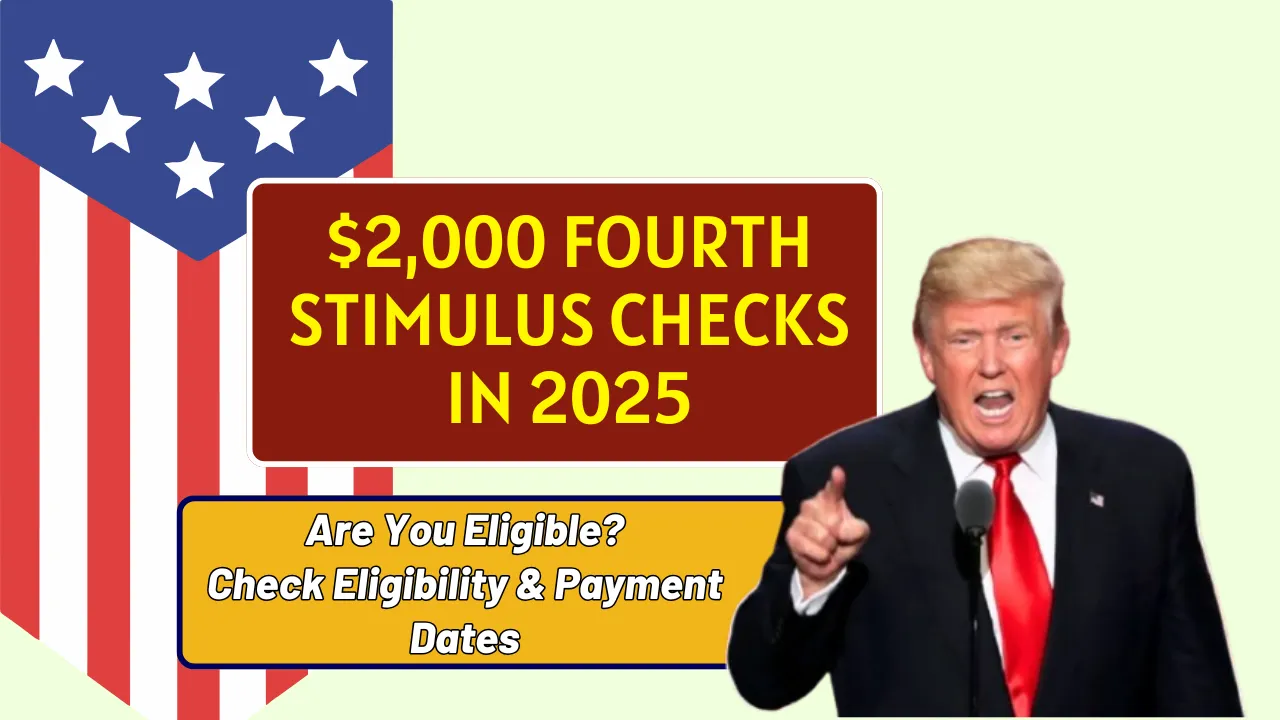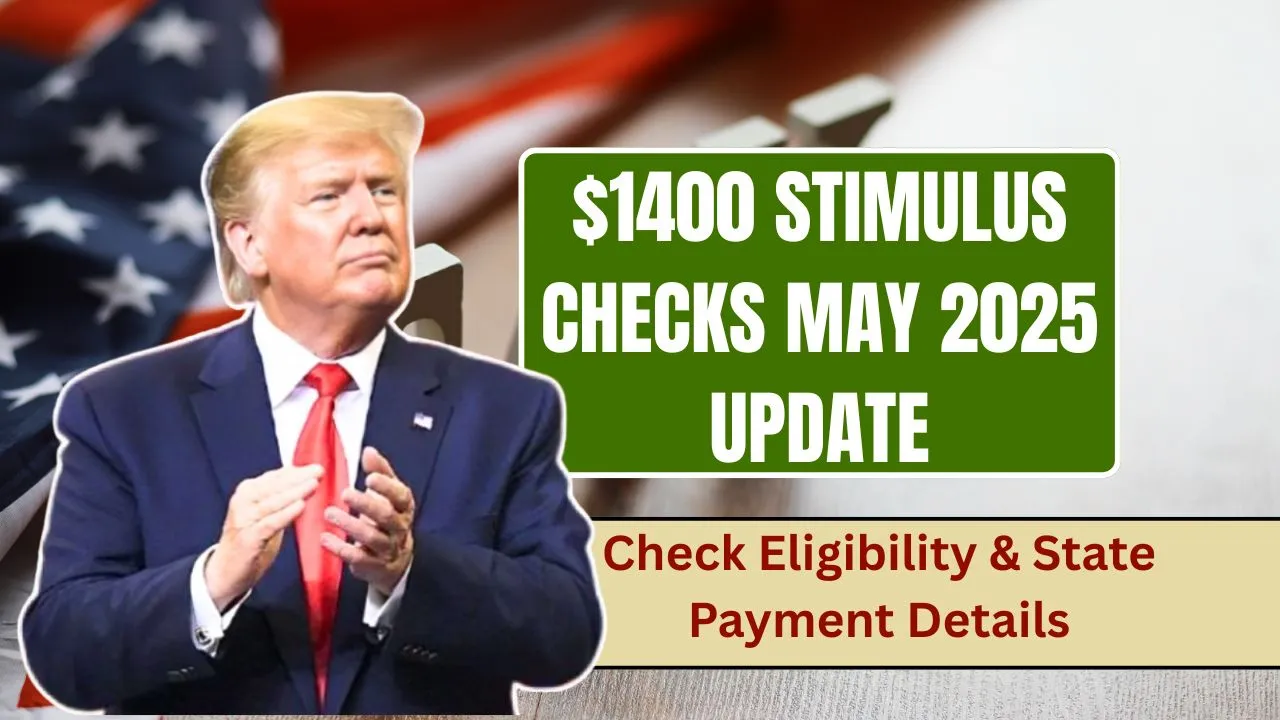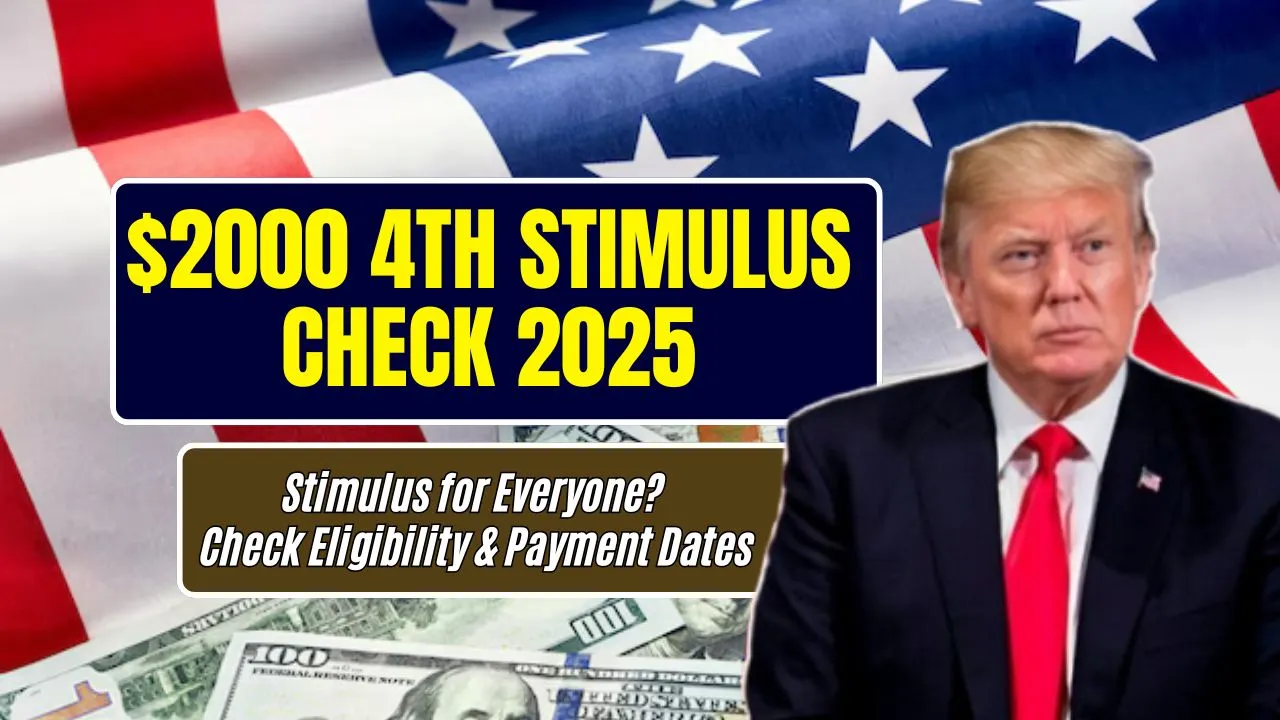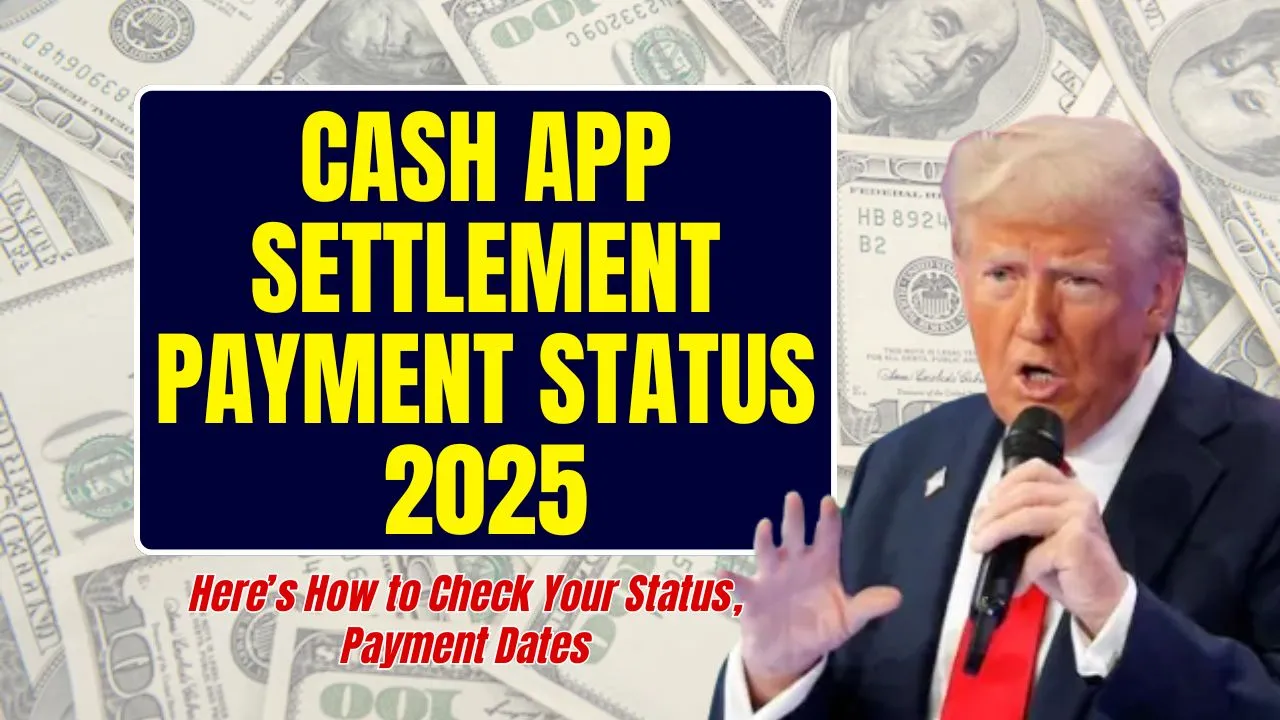Fourth Stimulus Checks 2025: With inflation still weighing heavily on Americans, especially those in lower and middle-income brackets, financial relief is more important than ever. In response, the federal government has approved a new round of support—$2,000 stimulus payments—to help citizens manage the rising costs of essentials like rent, food, and healthcare. This financial aid brings a renewed sense of hope for individuals and families struggling to stay afloat.
The Fourth Stimulus Checks 2025 are set to roll out in phases, beginning with direct deposits for those who already have their banking details on file. Eligibility is based on your income, tax filing status, and dependents, and the payments are being issued automatically in most cases. This article explains who qualifies, when payments will arrive, and how to ensure you don’t miss out.
Fourth Stimulus Checks 2025
The Fourth Stimulus Checks 2025 are part of a federal initiative to provide economic relief during a time of ongoing financial pressure. Unlike previous programs, this round continues the government’s commitment to long-term support, particularly for working families and individuals relying on fixed incomes.
Eligible recipients will receive $2,000, with additional funds available for families with qualifying dependents. Payments are based on 2023 or 2024 tax filings and are issued through the IRS in multiple stages. The goal is to reach as many eligible Americans as possible while avoiding delays and duplication.
Overview Table: $2,000 Fourth Stimulus Checks 2025
| Category | Details |
| Payment Amount | $2,000 (plus extra for dependents) |
| Issuing Authority | Internal Revenue Service (IRS) |
| Eligibility Based On | 2023 or 2024 tax returns |
| Income Limits | $75,000 (Single), $150,000 (Married), $112,500 (HOH) |
| Extra Per Dependent | Yes – additional amount for qualifying children |
| Payment Methods | Direct deposit, paper check, prepaid debit card |
| First Payment Date | April 2025 (for direct deposits) |
| Tax Status | Not taxable; does not impact benefits |
Who Is Eligible?
Not everyone will receive the full amount. Your eligibility for the Fourth Stimulus Checks 2025 depends on your income, filing status, and household size.
1. Income Limits
You’ll qualify for the full $2,000 if your adjusted gross income (AGI) is:
- Single filer: $75,000 or less
- Married filing jointly: $150,000 or less
- Head of Household: $112,500 or less
Payments will phase out for incomes above these thresholds and completely stop at higher levels.
2. Tax Filing Status
To be eligible, you must have filed a 2023 or 2024 federal tax return. If you haven’t filed yet, make sure to do so as soon as possible to avoid being left out.
3. Dependents
If you have children under age 17, you will receive additional payments per child, similar to past stimulus rounds. This benefit supports families managing childcare, education, and living costs.
4. Federal Benefit Recipients
Those receiving Social Security, SSI, SSDI, or VA benefits are also eligible. These payments will be sent automatically to the same account where you normally receive your benefits. It’s essential to keep your banking and contact information current with the government.
When Will You Get Paid?
Payments for the Fourth Stimulus Checks 2025 will be sent out in several phases to ensure a smooth and timely rollout.
- April 2025: Direct deposits begin for those with banking information on file with the IRS.
- May to June 2025: Paper checks will be mailed to eligible recipients who do not use direct deposit.
- June 2025: Prepaid debit cards will be sent to individuals without bank accounts or direct deposit access.
The timing may vary depending on when you filed your tax return and how the IRS processes your specific case.
How to Claim If You Haven’t Filed Taxes
While most people will receive their payments automatically, there are steps you should take if you haven’t filed your recent tax returns or don’t usually file.
1. File Your 2024 Tax Return
Make sure to file your tax return as soon as possible. The IRS uses this information to calculate your payment and determine where to send it.
2. Use the IRS Non-Filers Tool
If you are not required to file taxes due to low income, use the IRS Non-Filers Portal to provide your information and bank details.
3. Update Direct Deposit Info
If your bank account has changed, update your direct deposit details on the IRS website to avoid delays.
4. Track Your Payment
Use the Get My Payment tool at IRS.gov to monitor your payment status and check delivery times.
What Can Delay Your Stimulus Payment?
Several issues can slow down or block your stimulus check. Here are some common problems to watch out for:
- Incorrect or outdated bank account information
- Errors on your tax return
- Changes in dependent status not reflected in recent filings
- Identity verification delays due to missing or mismatched records
To avoid these problems, double-check all details when filing and update your profile if anything changes.
Is the $2,000 Stimulus Taxable?
The good news is that the $2,000 stimulus payment is not taxable. You don’t need to report it on your 2025 tax return, and it won’t count as income when calculating your eligibility for federal benefits or tax credits.
Still, if you receive income-based assistance, it’s a good idea to talk to a tax professional just to make sure the stimulus won’t affect other forms of support.
Important Tips to Keep in Mind
Here are a few things to remember to ensure you receive your payment without delay:
- Act Early: File your taxes now if you haven’t already.
- Update Your Info: Make sure your bank account and mailing address are current.
- Use IRS Tools: Track your payment and update details at IRS.gov.
- Ask for Help: Reach out to a certified tax advisor or contact the IRS if you have questions.
FAQs
1. Who qualifies for the $2,000 stimulus check?
Anyone who meets the income limits and has filed a tax return or receives federal benefits.
2. Do I need to apply for the stimulus check?
No. If you’ve filed taxes or get benefits like Social Security, you’ll receive the payment automatically.
3. When will the payments be issued?
Direct deposits start in April 2025, followed by checks and debit cards in May and June.
4. Will I get more if I have children?
Yes. Families will receive extra payments per qualifying child under age 17.
5. Is this payment taxable income?
No. The payment is not taxable and won’t impact your tax refund or benefit eligibility.
Final Thought
The Fourth Stimulus Checks 2025 bring critical relief to millions of Americans still dealing with the rising cost of living. With $2,000 in direct support—and additional help for families—the program offers a timely boost to help you stay on top of essential expenses.
Stay informed, keep your tax information up to date, and use IRS tools to track your payment. If you found this article helpful, share it with others who may benefit from this update, and keep checking back for more news on government aid programs.







